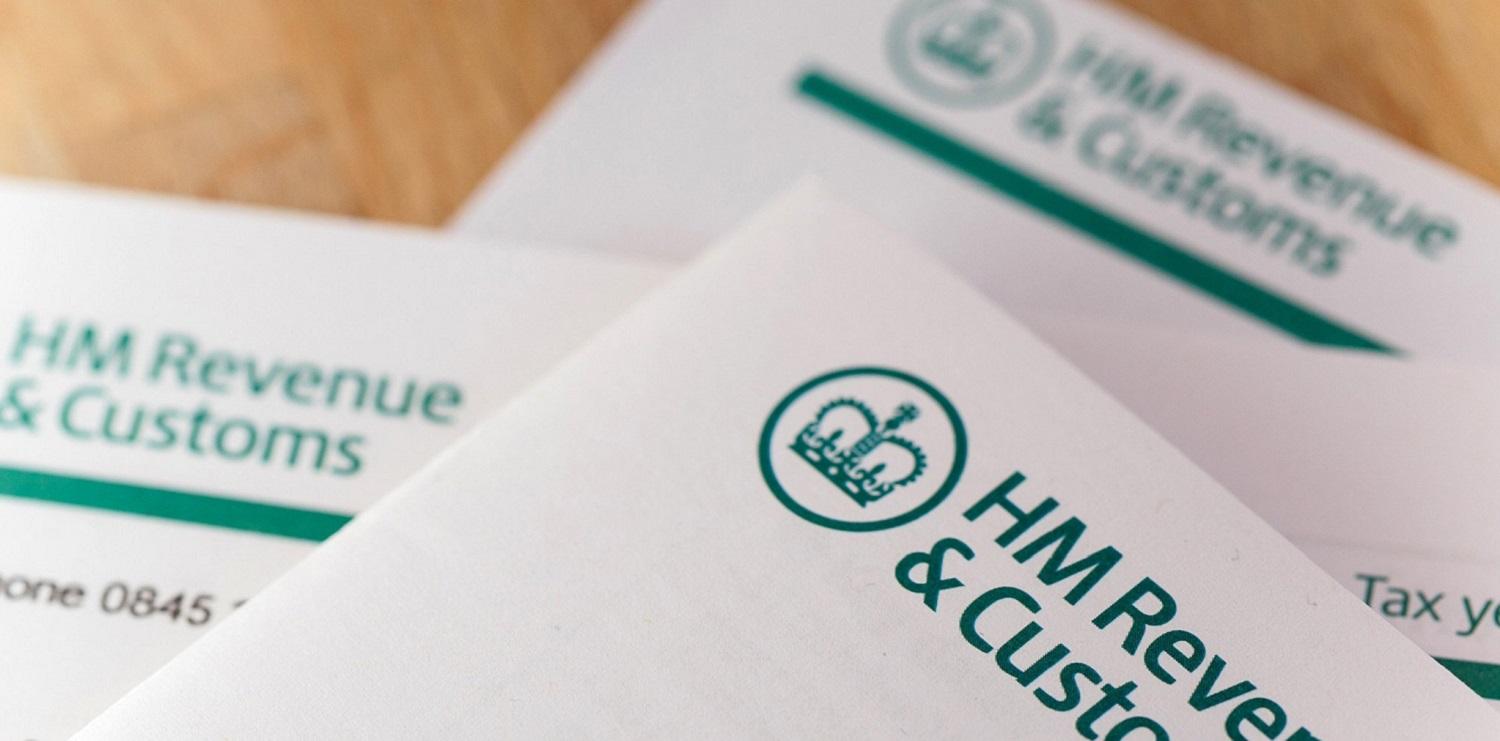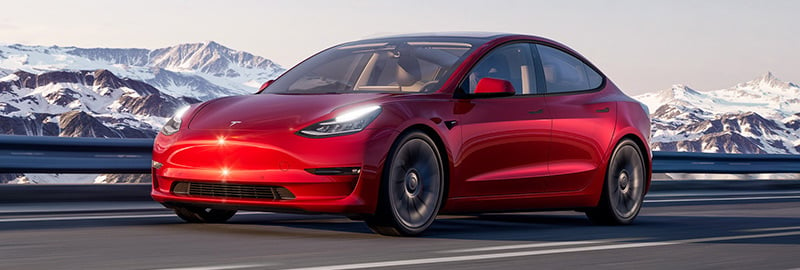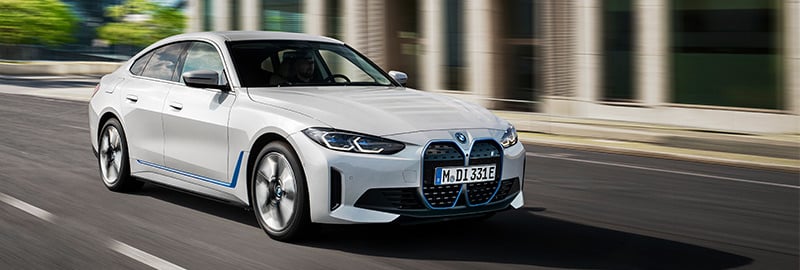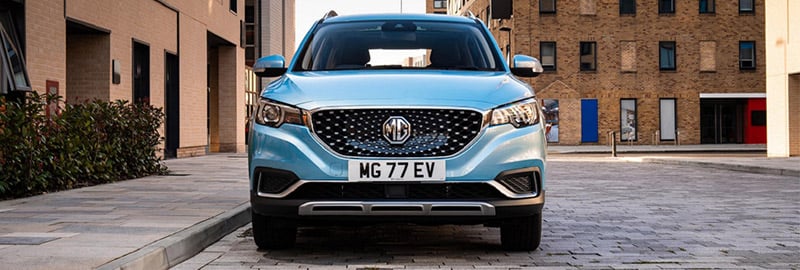Company car tax for electric cars

If you're new to electric cars, you may have heard the phrase 'BIK' mentioned a lot. So, what is it?
It stands for Benefit-in-kind (BIK) rates, which is a form of company car tax. This guide explains all you need to know about BIK rates, company car tax for electric cars, how they are decided and how it affects you with details on how this will change all the way to April 2028.
Why an electric company car?

First, however, let's look at why you should ditch your petrol or diesel vehicle for an electric car other than for tax purposes.
Electric company cars make great sense for the company car driver because it helps to reduce your company car tax and your carbon footprint – after all, these are zero emission vehicles.
Choosing an electric car also makes sense for the company.
An equivalent petrol or diesel vehicle may not align with the company's overall need to be more sustainable or eco-friendly, which is something a greater number of consumers are wanting from the companies they deal with.
A brand new electric car sends the right message to clients that you are helping to preserve the earth.
The Government has already hinted at changes to corporation tax and other changes to reflect how much carbon a company uses.
How much tax payable will obviously vary from sector to sector, but you can expect changes to the tax system to reflect a growing need to address climate change and ecological damage.
A tax on the car use at a company will therefore be much less for those shopping in a car manufacturer's electric range.
Charge your company EV at home
Top up your EV's battery while it's parked at your house and take advantage of your energy tariff's off-peak rates via charge scheduling using a home EV charger.
Electric cars make businesses smoother

The benefits of electric vehicles to the environment are discussed elsewhere, but choosing an electric car actually makes tracking 'fuel expenses' for fleet managers much easier.
By having your fleet take the electric car route, charge point payments can be tracked and paid monthly, reducing the need for staff to submit 'fuel receipts' – it can all be tracked via various apps and fleet software.
This saves a huge amount of time and effort in the accounting department.
This is particularly helpful with commercial vehicles too – and with increasing numbers of cities become unwelcome to traditionally engined vehicles through clean air taxes, ditching diesel commercial vehicles for battery electric ones will save money on such or charges.
This in turn helps reduce delivery charges, making the use of an electric van, for example, a useful marketing tool and a way to cut costs for clients.
There are concerns about electric vehicles' range, which is improving as time goes on.
However, company car drivers can benefit from workplace charging at partner sites within the same business, or at businesses you are dealing with and with the charging infrastructure ever increasing, and more cars registered being electric anyway, the old days of diesel cars clogging up the fast lane of the motorway will be soon behind us.
If you're looking for a commercial electric vehicle now, many manufacturers are now bringing connected services into play to make the transition from diesel cars and vans to electric propulsion much easier.
What is a BIK tax?

A Benefit-In-Kind Rate (or a BIK rate) is essentially a tax that applies to benefits or other perks an employee receives from the employer.
Under the current system, company and employee company car tax are both based on a percentage of the official price of the car, which is known as the P11D value.
The official CO2 emissions should be rounded down to the nearest band. The BIK tax is automatically deducted from you PAYE pay packet.
Does the BIK rate apply to my car?
If you have a company car that you have for private use, then a BIK tax or contribution is applicable.
The BIK tax rates are based on CO2 emissions, the list price includes any optional extras, such as metallic paint, and VAT, but excluding the first-year registration fee and vehicle tax – this is known as the aforementioned P11D value.
Any aftermarket installations to your company car – say for example a non-manufacturer supplied dashcam, or satellite navigation system, for instance – are not included in the BIK tax.
Cars with higher CO2 emissions tend to have a higher BIK Rate, while those with lower emissions generally have a lower rate. There are 31 emission bands and you can find more detail below.
What is the company car tax for electric cars and plug-in hybrids?

The BIK tax depends on your electric vehicle and the rates tend to change each tax year.
Electric cars and some plug-in hybrids have a more favourable BIK rate because of their zero or low CO2 emissions.
For 2020/2021 fully electric cars benefitted from a zero per cent company car tax rate because of their zero emissions.
This figure for electric vehicles grew to one per cent for 2021/2022 and two per cent for 2022/2023.
New BIK tax bands came in for plug-in hybrid cars with CO2 emissions of between 1-50g/km, depending on the car and official electric-only range.
There's now not a huge amount of difference between the company car tax rates for a petrol/diesel vehicle and a plug-in hybrid with a zero emissions range of under 30 miles. This is due to the Government trying to further incentivise drivers to choose EVs and hybrids with greater zero emission ranges.
The UK government confirmed the company car tax rates up until April 2028 as part of the autumn statement in 2022.
EVs with a range of over 130 miles will continue to be taxed at 2% from April 2024. However, this will start to increase from April 2025 rising by 1% each year over the next three years.
This is to reflect how the EV market is growing. While it does mean EV drivers will see a gradual increase in how much company car tax they will be paying, importantly, they will still be paying a lot less than petrol and diesel car drivers - with the most polluting vehicles with over 170g/km CO2 taxed at a rate of 37%.
Why electric cars make fantastic company cars
There are many reasons why we think an electric vehicle makes a great company car option, and here’s five of them
What are the new company car tax rates from April 2024 onwards?
| CO2 (g/km) | Electric range (miles) | 2023-24 (%) | 2024-25 (%) | 2025-26 (%) | 2026-27 (%) | 2027-28 (%) |
| 0 | n/a | 2 | 2 | 3 | 4 | 5 |
| 1-50 | Greater than 130 | 2 | 2 | 3 | 4 | 5 |
| 1-50 | 70-129 | 5 | 5 | 6 | 7 | 8 |
| 1-50 | 40-69 | 8 | 8 | 9 | 10 | 11 |
| 1-50 | 30-39 | 12 | 12 | 13 | 14 | 15 |
| 1-50 | Less than 30 | 14 | 14 | 15 | 16 | 17 |
| 51-54 | 15 | 15 | 16 | 17 | 18 | |
| 55-59 | 16 | 16 | 17 | 18 | 19 | |
| 60-64 | 17 | 17 | 18 | 19 | 20 | |
| 65-69 | 18 | 18 | 19 | 20 | 21 | |
| 70-74 | 19 | 19 | 20 | 21 | 21 | |
| 75-79 | 20 | 20 | 21 | 21 | 21 | |
| 80-84 | 21 | 21 | 22 | 22 | 22 | |
| 85-89 | 22 | 22 | 23 | 23 | 23 | |
| 90-94 | 23 | 23 | 24 | 24 | 24 | |
| 95-99 | 24 | 24 | 25 | 25 | 25 | |
| 100-104 | 25 | 25 | 26 | 26 | 26 | |
| 105-109 | 26 | 26 | 27 | 27 | 27 | |
| 110-114 | 27 | 27 | 28 | 28 | 28 | |
| 115-119 | 28 | 28 | 29 | 29 | 29 | |
| 120-124 | 29 | 29 | 30 | 30 | 30 | |
| 125-129 | 30 | 30 | 31 | 31 | 31 | |
| 130-134 | 31 | 31 | 32 | 32 | 32 | |
| 135-139 | 32 | 32 | 33 | 33 | 33 | |
| 140-144 | 33 | 33 | 34 | 34 | 34 | |
| 145-149 | 34 | 34 | 35 | 35 | 35 | |
| 150-154 | 35 | 35 | 36 | 36 | 36 | |
| 155-159 | 36 | 36 | 37 | 37 | 37 | |
| 160-164 | 37 | 37 | 37 | 37 | 37 | |
| 165-169 | 37 | 37 | 37 | 37 | 37 | |
| 170+ | 37 | 37 | 37 | 37 | 37 |
How do I calculate the benefit-in-kind tax for my electric or plug-in hybrid car?
You can calculate the benefit in kind tax in two ways. You can refer to the tables above and calculate the cost. Before calculating your benefit in kind car tax, you will need to know your vehicle's:
P11D value (list price including extra and VAT but without first-year registration and vehicle tax)
Your vehicle's CO2 emissions
Your vehicle's electric range (for April 2020 onwards only)
To calculate the benefit in kind tax, apply the following formula: multiply the P11D value by the relevant benefit in kind percentage.
If you would like anymore information on benefit in kind tax, it's best to discuss this with your HR department.
Benefit in kind tax may seem confusing, but with current government incentives to change our car use and move us from petrol and diesel it's a great way to make big savings. With road tax for electric cars considerably lower than petrol or diesel cars, it only gets better.








